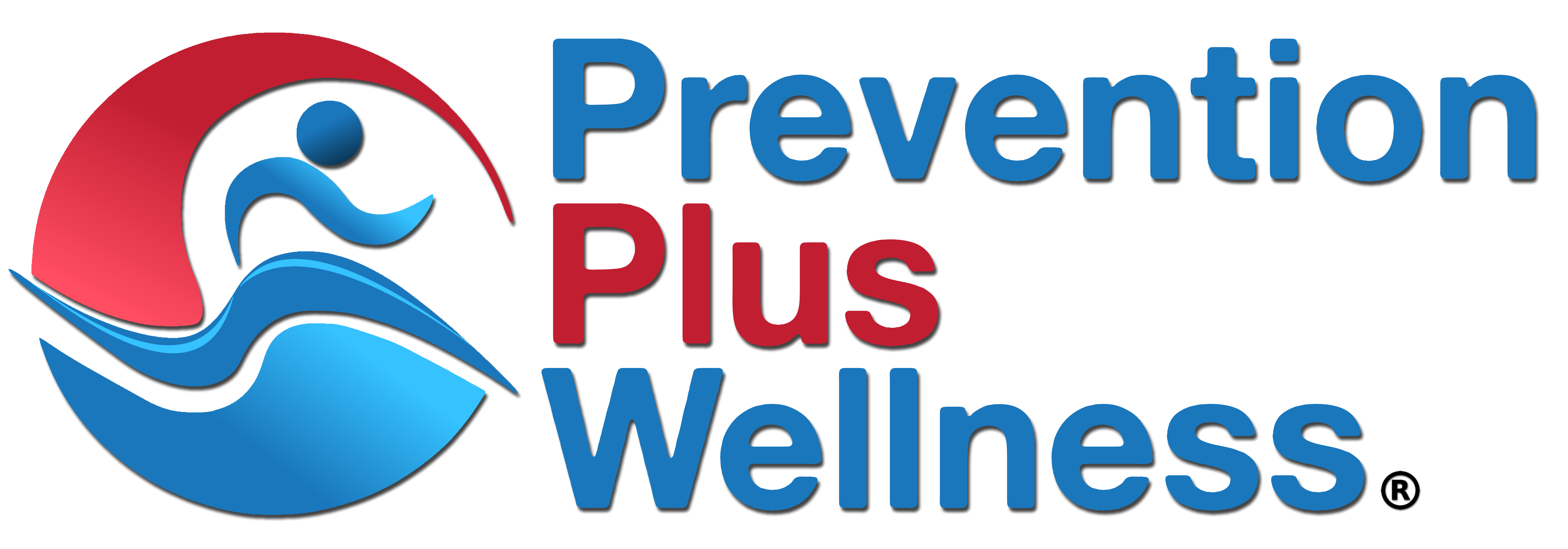The National Health Education Standards (NHES) were created to establish, promote and support health-enhancing behaviors for students in all grade levels.
The NHES are written expectations for what students should know and can do to promote personal, family and community health.
All the evidence-based and evidence-informed substance use prevention programs at Prevention Plus Wellness address National Health Education Standards.
Take for example the evidence-based SPORT Prevention Plus Wellness (PPW) program for youth.
SPORT PPW is listed on the National Registry of Evidence Based Programs and Practices (NREPP), as well as Blueprints for Healthy Youth Development, Clearinghouse for Military Family Readiness, Promising Practices Network, Child Trends, Washington State Institute for Public Policy, and other evidence-based databases.
Below are the National Health Education Standards and how they are addressed using the SPORT Prevention Plus Wellness program.
Standard 1: Students will comprehend concepts related to health promotion and disease prevention to enhance health.
The SPORT PPW scripted program content and accompanying PowerPoint slides communicate to youth how health-promoting behaviors enhance health, fitness and wellness outcomes and positive self-image, while risky substance use habits interfere with these goals and harm healthy behaviors and self-identity.
Standard 2: Students will analyze the influence of family, peers, culture, media, technology, and other factors on health behaviors.
Messages presented in the SPORT PPW program ask youth to consider how peers, parents, media, norms, self-image, and health risk habits can influence their health habits, health, and health-related decision-making.
Standard 3: Students will demonstrate the ability to access valid information, products, and services to enhance health.
SPORT Prevention Plus Wellness includes valid and reliable web-based health resources for students and parents to evaluate. These resources are grouped into the health topics targeted in the SPORT PPW program, including physical activity and sports, healthy eating, getting adequate sleep, controlling stress, and avoiding alcohol, marijuana, tobacco and other drugs. Web links and descriptions of each of the resources are provided.
Standard 4: Students will demonstrate the ability to use interpersonal communication skills to enhance health and avoid or reduce health risks.
The SPORT PPW program content addresses substance use refusal skills, and includes a series of parent flyers shown to increase parent-youth communication about prevention and health issues. In addition, youth can learn and demonstrate communication, teaching and coaching skills when be trained in our Youth Leadership Workshop to implement SPORT PPW to younger peers.
Standard 5: Students will demonstrate the ability to use decision-making skills to enhance health.
SPORT PPW assesses the current health behaviors of youth, and provides them with tailored feedback. This process increases student awareness of peer and future desired self-images as values for deciding which health promoting habits to practice, and which health risk substance use habits to avoid or reduce.
Standard 6: Students will demonstrate the ability to use goal-setting skills to enhance health.
In the SPORT PPW program, like all Prevention Plus Wellness programs, students set and monitor goals not only to avoid marijuana, alcohol, tobacco and other drug use, but also increase one or more health-promoting behaviors including physical activity, healthy nutrition, sleep, or stress control.
Standard 7: Students will demonstrate the ability to practice health-enhancing behaviors and avoid or reduce health risks.
SPORT PPW and all Prevention Plus Wellness programs are designed to have students analyze the role of individual responsibility for improving and protecting health, and demonstrate the connections between a variety of healthy and risky behaviors and how both types of behaviors are associated with enhanced health, positive self-identity, and success.
The practical, single-session SPORT Prevention Plus Wellness program can, and has been, successfully implemented in these settings throughout the US:
- · School health, physical education, science and citizenship studies
- · After-school programs
- · School and community athletics
- · In lieu of school suspensions
- · Youth groups and services
- · Recreation and youth camps
- · Faith-based settings
- · Juvenile justice
- · Intervention for high-risk or substance using youth
- · Sports and annual physicals
- · Health clinics and pediatrics settings
- · Treatment and recovery centers
- · Homes
- · Anywhere else youth are found
Please comment below and share this information with others.
Contact us for more information:info@preventionpluswellness.com
(904) 472-5022
Thank you!

